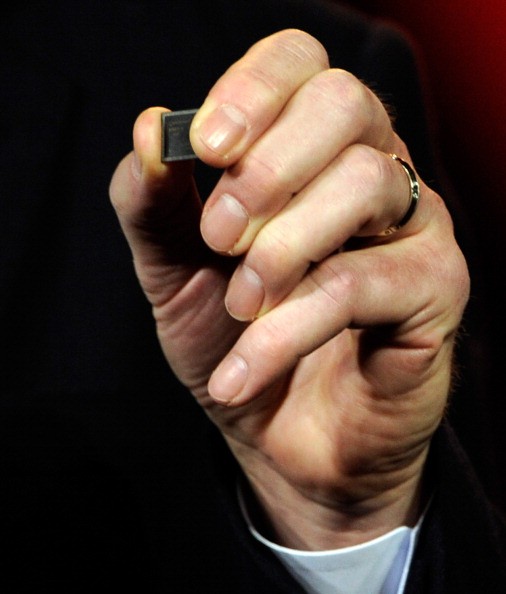Google wants users of Android devices to enjoy richer augmented and virtual reality experiences by internally developing chip designs for its hardware partners.
By sharing these homegrown designs with these partners, the tech giant hopes it could lead to processor development that would eventually be implemented on smartphones running on Android OS in the future, reports Computerworld. The company likewise wants inconsistency of features in different Android smartphones ironed out.
The objective of Google is to become more competitive with Apple in the high-end market and solve other major problems linked with Android phones' fragmentation due to various chip designs, reports The Information.
The lack of consistency is the result of own designs of devices and chip by hardware developers which Google aims to standardize with its chip-design sharing initiative. While Android devices are fragmented when it comes to chip design, there is product integration among Apple gadgets which develops its own chips and smartphones, resulting in consistent user experience across various devices.
The Information reports that the co-development of processors and more inputs in designing CPUs and cameras that Google is working on is for the tech giant to have a headstart. Google's aim is to ensure smooth experiences across all devices, including breakthrough technologies such as VR and AR.
Google would likely need help from its partners that specialize in GPUs since the design of graphic chips needed by AR and VR could take years. One such partner is Nvidia whose chip Google is using for its Project Tango, an experimental tablet. The Nvidia chip focuses on 3D motion and depth sensing.
Besides Nvidia, MediaTek and Qualcomm manufacture graphic processors capable of handling high-end graphics for VR and AR experiences that, however, vary because of different hardware features. Samsung use Exynos chips on its latest Galaxy smartphones that offer already VR experiences.
However, Endpoint Technology Associates principal analyst Roger Kay warns that if Google would try to dictate chip design, the tech giant could upset its smartphone partners because the differentiation among devices because of the gadget's unique features could be wiped out.



























